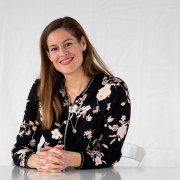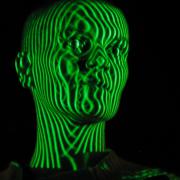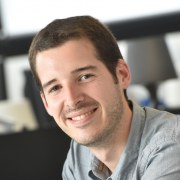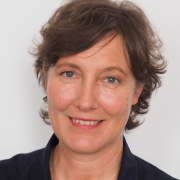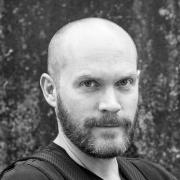Offering alternative creative learning spaces
Through the digital revolution, our learning and working conditions have changed fundamentally. Knowledge workers today have to be able to use complex systems and to differentiate themselves from robots at the same time, relying on genuine human skills like creativity, problem solving or communication.
With their classical learning concepts, school and other educational institutions might suppress our innate impulse of curiosity and the joy to discover. New methods must be offered to establish a new learning culture. Can science engagement provide the space for such experimental learning concepts?
What alternative learning places can promote new learning formats and contexts? How can teachers and training institutions get on board? Can science centres expand boundaries and provide more openness, so that self-determined and responsible learning become part of the curricula of schools, universities and companies? What role do integrated digital learning contexts play in this kind of knowledge transfer?
Session speakers
Chief of Unicorn Division
I would be happy to present our efforts on linking formal education and our exhibitions. We avoid to be linked to curriculum, because what's the point in visiting a science center, if there would be another school lesson? But still, a lot of teachers perceive us only as touristic attraction, not an educational tool. I would like to explore a collision between this two attempts: How to be an educational tool, while keeping independence from formal educational system.
EC Bridge is a nationally-funded research project (France) aiming to bridge education between museums, classrooms and homes. This three-years-long R&D endeavour gathers a multidisciplinary team of two digital agencies (Mazedia and Maskott); two research centers (DUKE-LiNA in Nantes and IFÉ in Lyon); a History & Archeology museum (musée Gallo-romain de Lyon) and a Science & Technology museum (Cité des Télécoms).
How can informal science learning contribute to improving teaching practises in the classroom? Heidrun will share SCN’s idea to create an “impulse lab for interactive learning” for teachers and other multipliers in science education. This open and creative space will combine the Knowledge°room, a low-threshold mini-science-center, with a didactics studio and research and transfer zones for experimenting, self-reflection and exchange among peers and experts from science centers, museums, and research and innovation fields.
In order to create open and creative learning spaces we have to expand our networks and establish interdisciplinary cooperations. Drawing from his experience as an architect and working in the design context, Gunnar will bring creative input from recent collaborations between designers, scenographers and architects, as well as universities, students and science centres.

